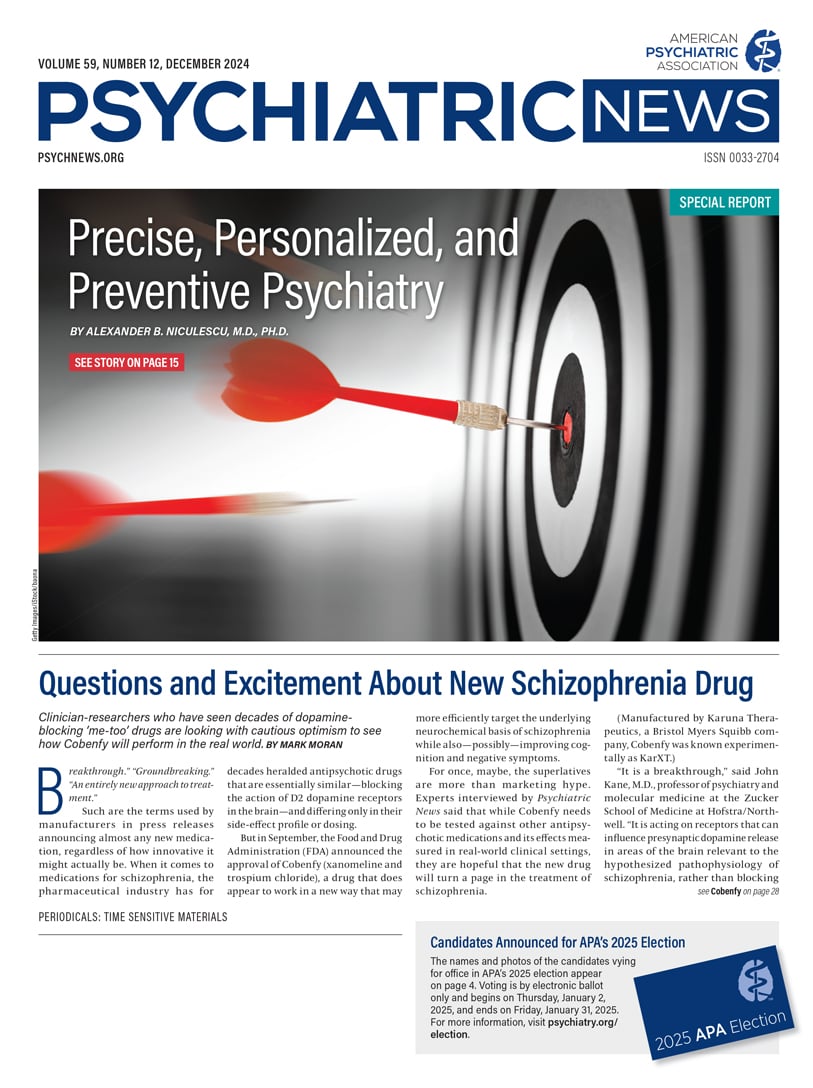Social media has become an integral component of people’s daily lives. The medical community is no exception, with health care professionals embracing social media to communicate with colleagues and engage with patients and the public. Therefore, maintaining proper online etiquette is crucial for health care professionals, as there is still a broad misunderstanding of the profound consequences of social media interactions.
The ease of communication offered by social media has presented unique difficulties that many health care professionals find challenging, including compliance with confidentiality and privacy requirements. HIPAA was enacted before the social media age and does not currently contain any explicit rules regarding social media use; however, its privacy protections apply to social media posts concerning health information. Social media platforms generally have deficient safeguards from a systemic perspective; therefore, health care professionals must navigate them with attentiveness and caution.
Other social media risks may include breaches of ethical obligations, misinformation, unintended product endorsement and self-promotion, and unwarranted self-disclosure. Being mindful of how words could harm their public and professional reputation can help health care professionals avoid compromising situations.
Here are some social media etiquette risk management considerations:
•
Protect patient confidentiality and privacy: Posting patient information, images, and identifiable details, even seemingly innocuous ones, can inadvertently reveal a patient’s identity and compromise their privacy. Adhere to strict guidelines and regulations regarding patient confidentiality, both online and offline.
•
Be mindful of sharing content on social media: Inappropriate content can damage credibility and reputation. While expressing personal opinions online is acceptable, recognize that online presence is often seen as a reflection of professional behavior. Maintain a professional demeanor and avoid engaging in controversial debates and altercation.
•
Be cautious when interacting with patients or colleagues on social media: Maintain professional boundaries and avoid participating in confidential conversations in a public online space. Establishing clear boundaries between personal and professional relationships is essential to upholding the integrity of the health care profession.
•
Think before you post: Be aware that posts and interactions on social media platforms are permanent and can be easily accessed by patients, employers, and regulatory bodies. Pause before posting to evaluate the impact of words and actions.
•
Know the rules: Familiarize yourself with and adhere to the established social media policies and ethical guidelines.
•
Be safe: Never transmit confidential documents using social media platforms.
•
Separate professional from personal: Create a professional profile with accurate credentials and professional affiliations. This helps attract the right audience and establish credibility within the industry. Create a separate account for personal use.
•
Stay civil: Avoid personal attacks, use of offensive language, or discriminatory comments. Do not post anything that cannot be addressed directly with family, friends, or co-workers.
•
Stay engaged: Be proactive in monitoring online comments to assess the perception of online reputation.
Social media is a powerful tool to connect with patients, share information, and engage with the community. However, observing proper social media etiquette and boundaries is paramount to maintain the ethical standards of the health care profession. By prioritizing patient confidentiality, professionalism, and online conduct, health care professionals can harness the benefits of social media while mitigating the risks associated with its use.
This information is provided as a risk management resource for Allied World policyholders and should not be construed as legal or clinical advice. This material may not be reproduced or distributed without the express, written permission of Allied World Assurance Company Holdings Ltd., a Fairfax company. Risk management services are provided by or arranged through AWAC Services Company, a member company of Allied World. © 2024 Allied World Assurance Company Holdings Ltd. All rights reserved. ■

